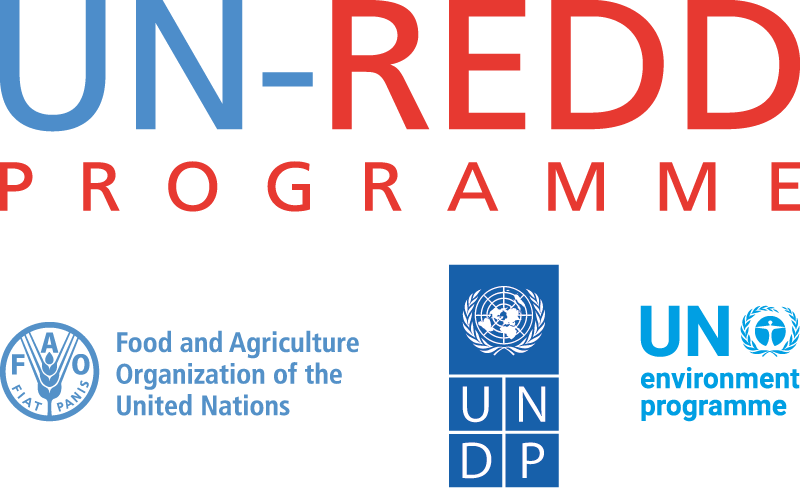
THE REPUBLIC OF CONGO MAKES STRIDES WITH MONITORING FOREST DEGRADATION
Situated in Central Africa, the Republic of the Congo is in the heart of the Congo Basin, the world’s second-largest rainforest. Forests make up more than 65 percent of land cover in the Republic of the Congo. While these forests are increasingly threatened by unsustainable agriculture and logging, among other drivers, the country is also making significant progress in confronting climate change through the sustainable management and protection of its remaining 23 million hectares of forests.
Efforts to reduce emissions from deforestation and forest degradation (REDD+) have played an important role in bringing the country closer to achieving its national and international commitments. Since joining the UN-REDD Programme in 2010, the Republic of the Congo has come a long way in its REDD+ activities. Supported by various partners and donors, the country has strengthened its NFMS through the development of remote-sensing tools and approaches with the aim of improving sustainable forest management. This is vital information given that forests are crucial to the lives of the country’s 4.6 million people and a pillar of the national economy.
In 2020, the UN-REDD Programme supported the Republic of the Congo with the ambitious task of mapping forest degradation. Forest degradation is a serious environmental, social and economic problem and, compared to deforestation, is bigger, in terms of landmass, as well as harder to detect and quantify. When a forest is degraded, it still exists, but it can no longer function well, as it loses its ability to provide essential benefits to people and wildlife that depend on it.
The country uses the SEPAL platform to track forest degradation by processing satellite images and detecting trend and seasonal changes at the national scale. The work is led by Carine Saturnine Milandou, a forest specialist with the Congo’s National REDD+ Programme and one of several female experts in the country’s REDD+ coordination unit. Through support from UN-REDD, Carine has been working with the government on mapping the country’s forest degradation trends, improving the country’s land use planning efforts to promote the development of healthy agriculture, sustainable forestry and community benefits.
Recognising forest degradation as a stepping-stone to deforestation, the UN-REDD Programme is boosting the Republic of the Congo’s capacity to be autonomous in carrying out remote sensing forest mapping and monitoring. “This will ensure the protection of our forests and will also help the Congo maintain its biological diversity, while also bringing the country closer to achieving its Sustainable Development Goals,” said Carine. “Forests allow people to carry out productive activities like agriculture for subsistence. Hence, the need to protect forests to guarantee the livelihoods of the people who rely on them.”

